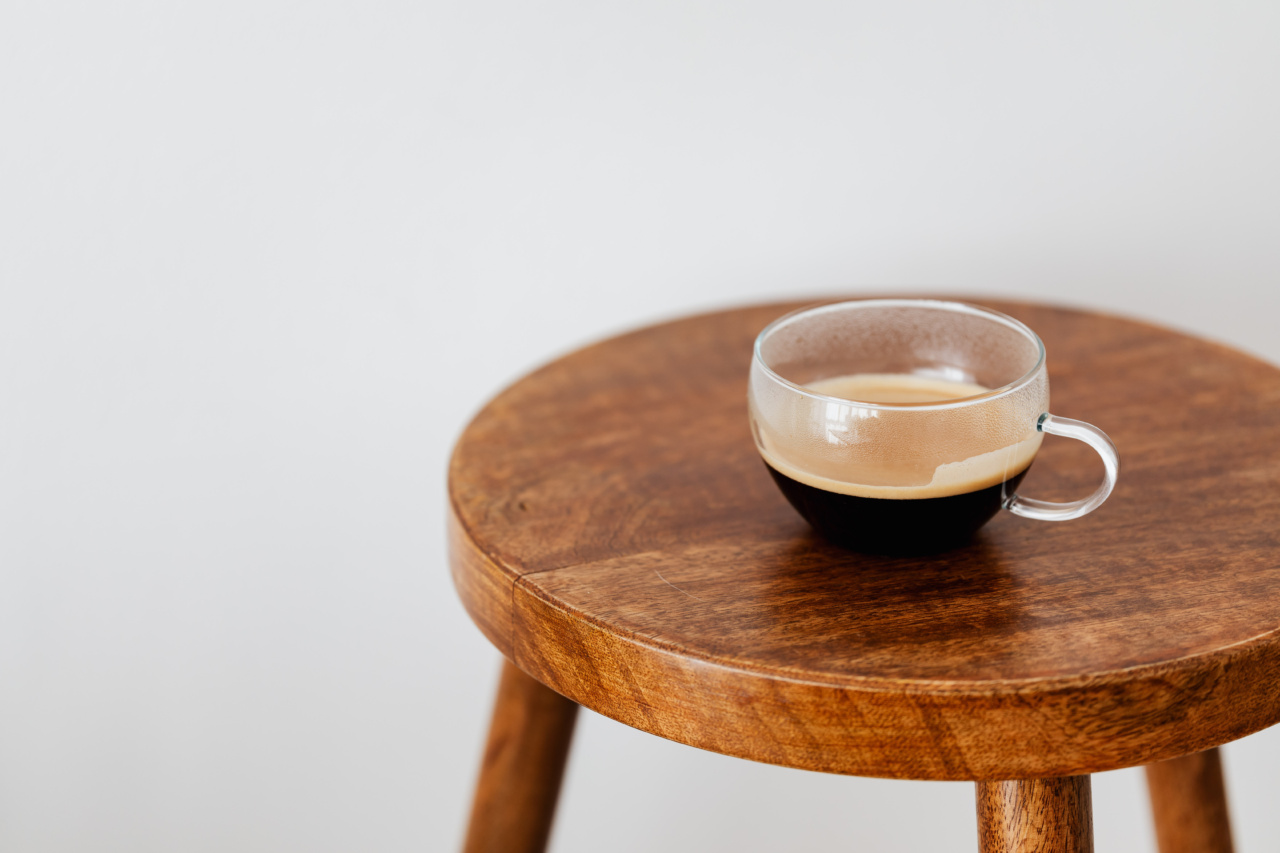When it comes to relieving pain, most people immediately think of over-the-counter medications or prescription drugs. However, there is a natural alternative that many people are unaware of – caffeine.
Yes, that cup of coffee or tea you enjoy each morning may actually act as a painkiller. In this article, we will explore the pain-relieving properties of caffeine and how it can benefit various types of pain.
The Science Behind Caffeine’s Painkiller Effects
Before delving into the pain-relieving benefits of caffeine, it is important to understand how it works in the body. Caffeine is a natural stimulant that belongs to a class of compounds known as methylxanthines.
When consumed, it rapidly crosses the blood-brain barrier and binds to adenosine receptors in the brain.
Adenosine, another compound found naturally in the body, is responsible for promoting sleep and suppressing arousal. By blocking these adenosine receptors, caffeine increases alertness and reduces drowsiness. But, the story doesn’t end there.
Caffeine also affects the release and activity of other neurotransmitters, including dopamine and norepinephrine, which contribute to its pain-relieving effects.
Caffeine as a Headache Remedy
One of the most well-known effects of caffeine is its ability to alleviate headaches. In fact, caffeine is a common ingredient in many over-the-counter pain relief medications.
This is because caffeine can enhance the effects of analgesics, such as acetaminophen and ibuprofen, leading to more effective pain relief.
Furthermore, caffeine’s vasoconstrictive properties help to reduce the swelling of blood vessels in the brain that often contributes to tension headaches.
By constricting these vessels, caffeine decreases the intensity of the headache and provides relief for many individuals.
Caffeine for Exercise-Induced Pain
Exercise is an essential part of a healthy lifestyle, but it often comes with its fair share of aches and pains. Luckily, caffeine can help mitigate exercise-induced pain and muscle soreness.
Caffeine has been found to reduce perceived pain during intense physical activity, allowing individuals to push beyond their limits and reach higher levels of performance.
Furthermore, caffeine has been shown to enhance muscle contractility and reduce fatigue, which can contribute to a faster recovery following exercise.
This is why many athletes rely on caffeine as an ergogenic aid to maximize their training and improve their overall performance.
Caffeine and Menstrual Pain
For many women, menstrual pain can be debilitating and disruptive to their daily routines. While over-the-counter pain relievers are commonly used to manage menstrual cramps, caffeine can offer an additional layer of relief.
Caffeine’s ability to constrict blood vessels can help alleviate the uterine muscle contractions that cause menstrual pain.
In addition, caffeine has been found to act as a mild diuretic, which reduces bloating and fluid retention often experienced during the menstrual cycle.
By addressing these secondary symptoms, caffeine can help women feel more comfortable and better manage their menstrual pain.
Using Caffeine Responsibly
While caffeine can offer natural pain relief, it is crucial to consume it in moderation and with caution. Excessive caffeine intake can lead to side effects such as increased heart rate, jitters, and sleep disturbances.
It is recommended to limit daily caffeine intake to around 400 milligrams, which is roughly equivalent to four cups of coffee. However, individual tolerance may vary, and it is important to listen to your body’s signals.
Other Sources of Caffeine
Coffee is the most common source of caffeine, but it is not the only one. Other sources include tea, chocolate, energy drinks, and some medications.
It is important to read labels carefully and be aware of your overall caffeine intake from various sources to stay within the recommended limits.
Conclusion
Caffeine, a natural stimulant found in various beverages and foods, possesses pain-relieving properties that can make a significant difference in our daily lives.
From headaches to exercise-induced pain and menstrual cramps, caffeine can offer an additional layer of relief alongside traditional pain medications. However, it is important to consume caffeine responsibly and in moderation to avoid any potential side effects. With the right balance, caffeine can become a natural painkiller and enhance our overall well-being.




























